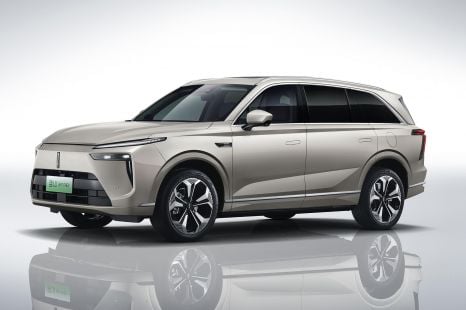

Damion Smy
GWM luxury brand Wey confirmed for mid-2026 Australian launch
41 Minutes Ago
Every Australian state and territory offers some sort of EV support, with WA's new $3500 rebate the highest currently on offer.

Senior Contributor
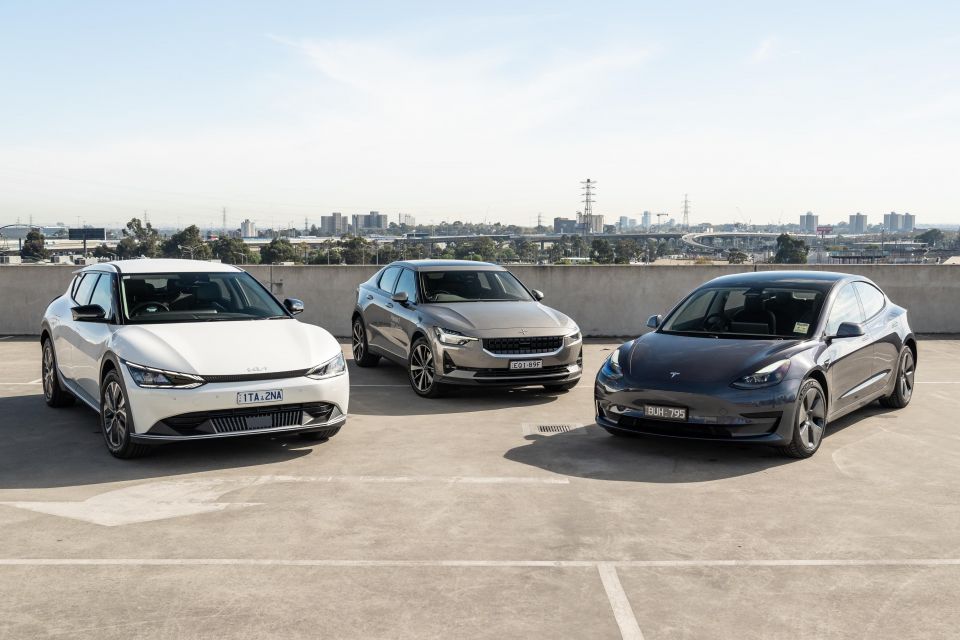

Senior Contributor
The Western Australian State Government today announced an electric vehicle (EV) support package including $3500 rebates for buyers spending less than $70,000.
These rebates are the highest in the land, compared to $3000 rebates offered (or coming) in New South Wales, Victoria, Queensland and South Australia.
Today’s announcement from the Mark McGowan-led WA Labor government promises to put about $60 million from the 2022-23 State Budget towards driving uptake of zero-emission vehicles, in what is Australia’s largest geographical region.
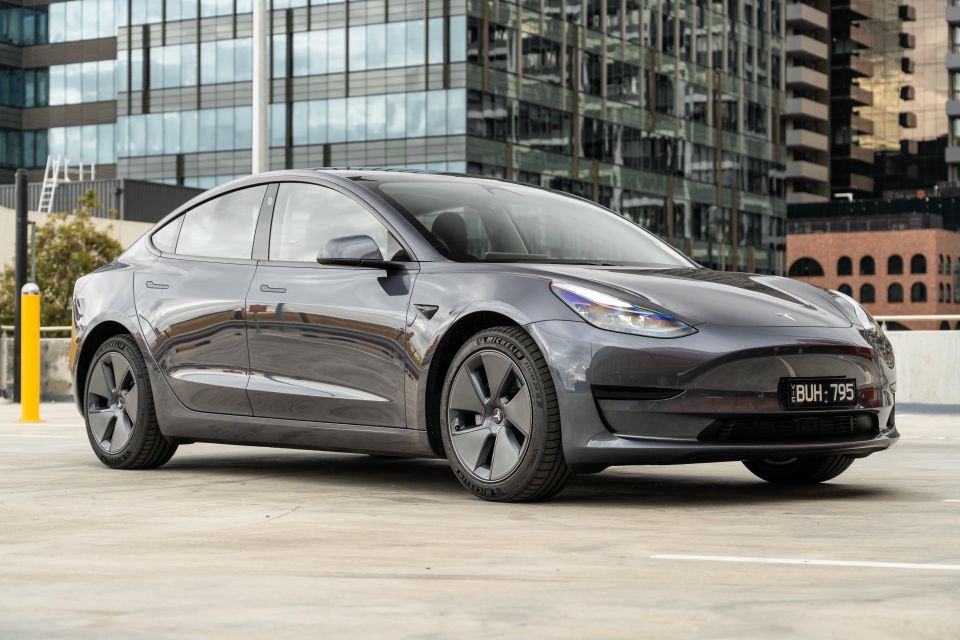
This package means every Australian state and territory now has some form of EV support in place, independent of the federal government, be they rebates or state tax waivers.
We’ve published a handy guide looking at what electric car buyer incentives are offered in Australia, which you can read here.
Both the federal government and its opposition have promised to fund infrastructure, but the car industry is calling for national CO2 standards that would help car brands secure greater stock of EVs from their overseas factories.
MORE: What electric car buyer incentives are offered in Australia?
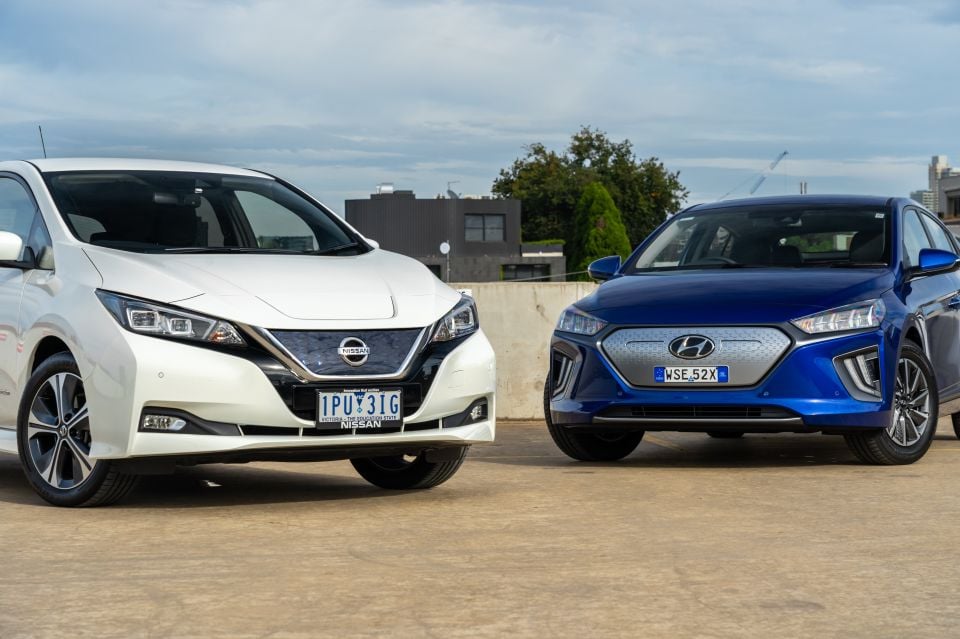
Headlining the WA announcement is the ‘Clean Energy Car Fund’ which will include a claimed $36.5 million in taxpayer dollars to pay for up to 10,000 rebates of $3500 each, to Western Australians who buy a new EV or hydrogen fuel-cell vehicle (FCEV) up to a value of $70,000.
The cap means the market-leading Tesla Model 3 will be covered, in entry-level form anyway, as well as other affordable (ish) EVs such as the Nissan Leaf, Hyundai Kona and Ioniq, MG ZS, BYD Atto 3, Mini Electric, Polestar 2, and the Kia Niro and base EV6.
The plan is effective immediately, from May 10, with WA’s state government dominant in parliament.
Government modelling shows that replacing 10,000 combustion vehicles with zero-emission EVs or FCEVs is expected to reduce carbon emissions by at least 7000 tonnes each year. It also claims the average WA driver will save more than $1400 per year on fuel costs.
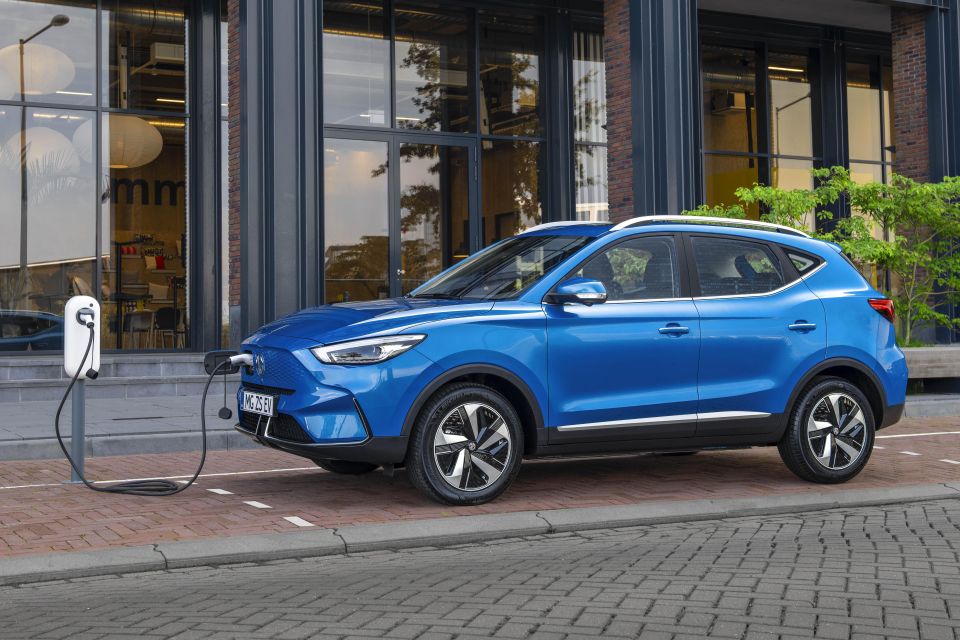
However, there’s a negative side too.
Like other states including New South Wales, Victoria and South Australia, WA will also launch a new road-user charge (tax) on low- and zero-emission cars to make up for lost fuel excise.
As with NSW and SA – but unlike early adopter Victoria – the WA government will defer the introduction of this charge until 2027, to allow EVs to gain market share with fewer impediments.
The familiar base rate of 2.5 cents per kilometre for electric and hydrogen vehicles and two cents per kilometre for plug-in hybrid electric vehicles will apply, with both rates indexed to the Consumer Price Index.
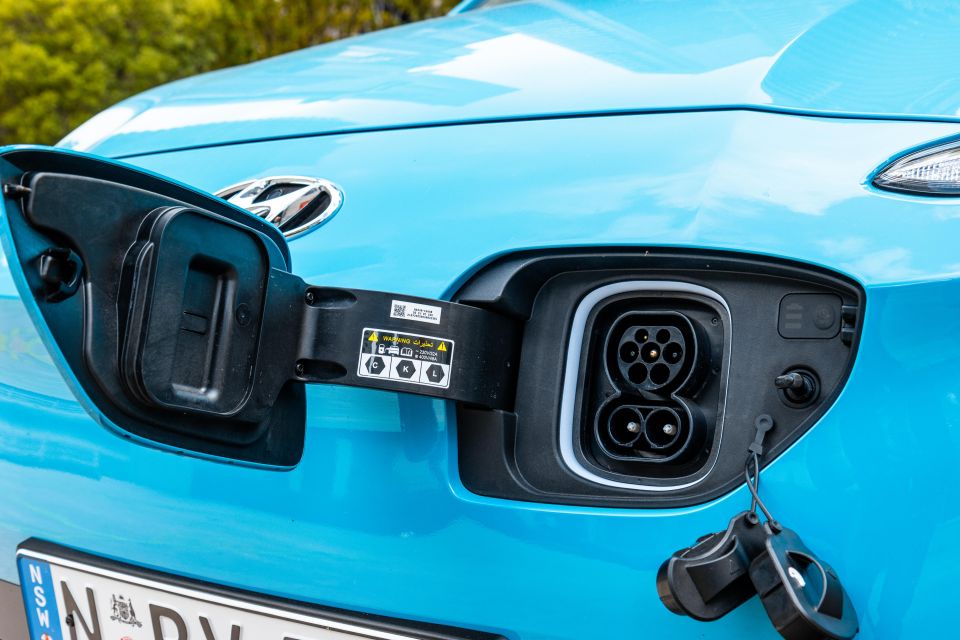
The State Government says it will invest $200,000 to develop options on systems for monitoring and collecting the future road user charge.
A broader road user charge on all vehicles regardless of fuel type has been proposed by the Federal Chamber of Automotive Industries – peak body for Australia’s car brands – to replace today’s clunky melange of taxes and charges placed on cars.
The McGowan Government is additionally putting $22.6 million into new charging infrastructure. The 2022-23 Budget will include:
MORE: Western Australia building country’s longest ‘electric highway
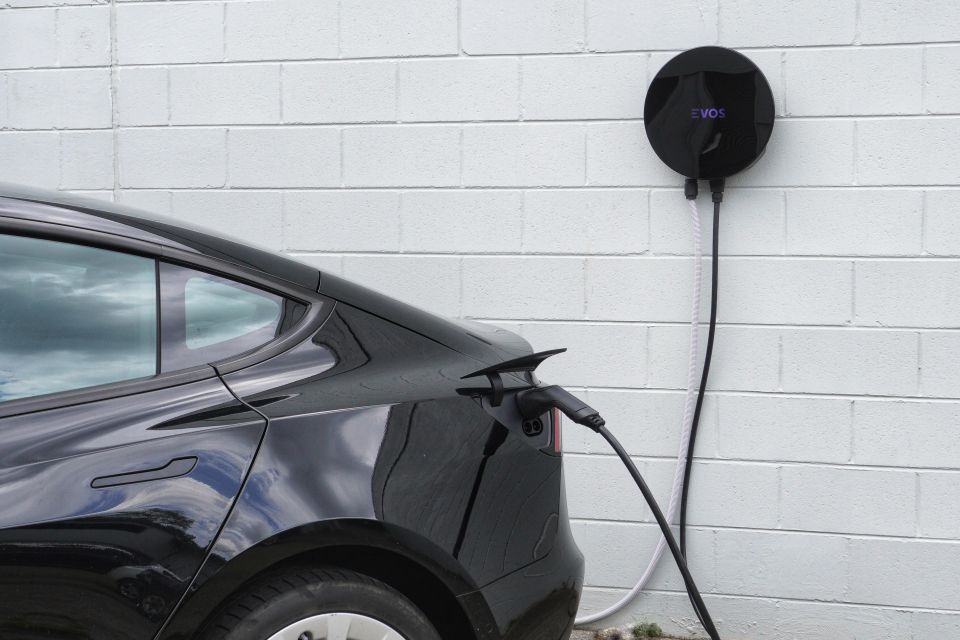
“My Labor Government is taking climate action to secure WA’s low carbon future,” said Premier Mark McGowan.
“Our $3,500 rebates are one of the most generous grants on offer in the nation and will see an extra 10,000 electric and hydrogen fuel cell vehicles on our roads.
“This will assist WA with reducing greenhouse gas emissions to net zero, while also reducing the pressure of high petrol prices on WA households that utilise the rebate.”
Energy minister Bill Johnston added that he was “excited to announce that Western Australia’s electric vehicle highway, which will be the longest in the world, will receive eight extra charging stations.
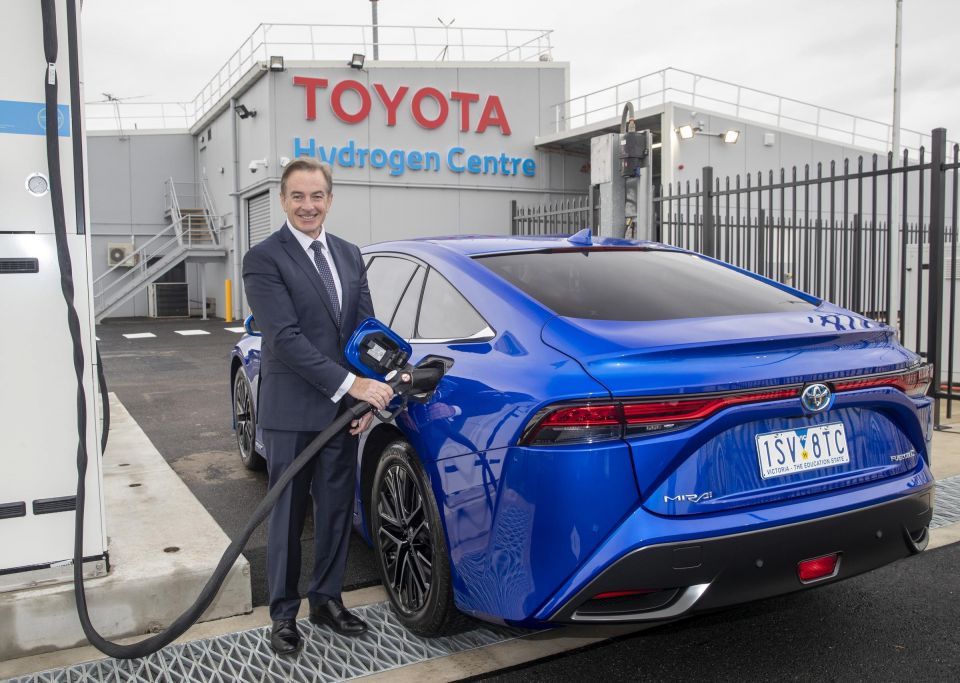
“With stations from Kununurra to Esperance already being delivered, the new stations between Norseman and Eucla will complete the link to South Australia.
“The McGowan Government is preparing for the rapid uptake in electric vehicles and ensuring that our electricity system remains secure and reliable.”
MORE: What electric car buyer incentives are offered in Australia? MORE: ACT government moving public-servant fleet to EVs, will slash running costs MORE: All ACT new car sales to be zero-emissions by 2030 under ambitious plan MORE: NSW State Government announces sweeping electric-vehicle stimulus package MORE: NSW electric car incentive package passes into law MORE: Queensland the latest state to offer $3000 EV subsidy MORE: Victoria passes electric vehicle road tax MORE: Victoria commits to electric car subsidies, 2030 sales target MORE: Victorian electric car tax facing High Court challenge MORE: South Australia passes electric car rebates – and road user tax MORE: Northern Territory commits to electric car incentives MORE: Western Australia building country’s longest ‘electric highway’


Damion Smy
41 Minutes Ago
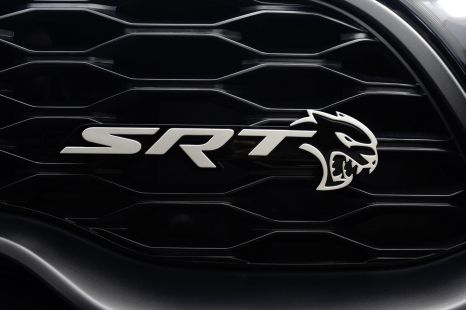

Ben Zachariah
2 Hours Ago
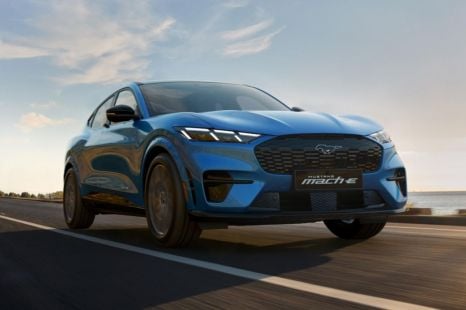

Ben Zachariah
4 Hours Ago
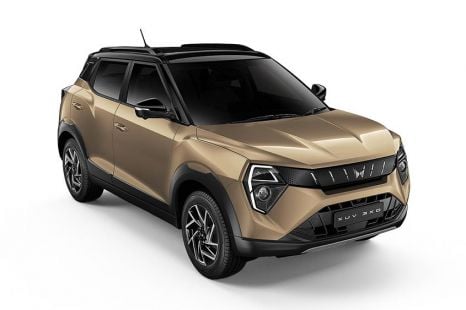

James Wong
4 Hours Ago
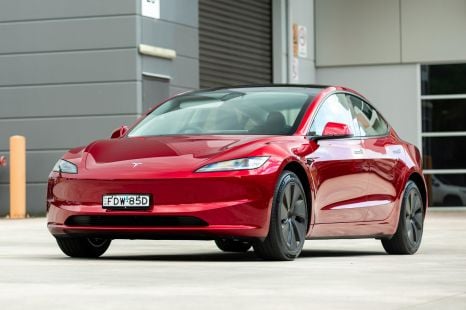

CarExpert.com.au
5 Hours Ago
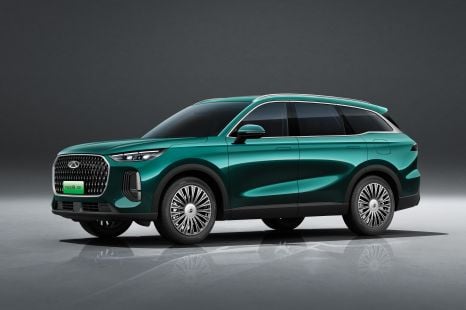

James Wong
6 Hours Ago